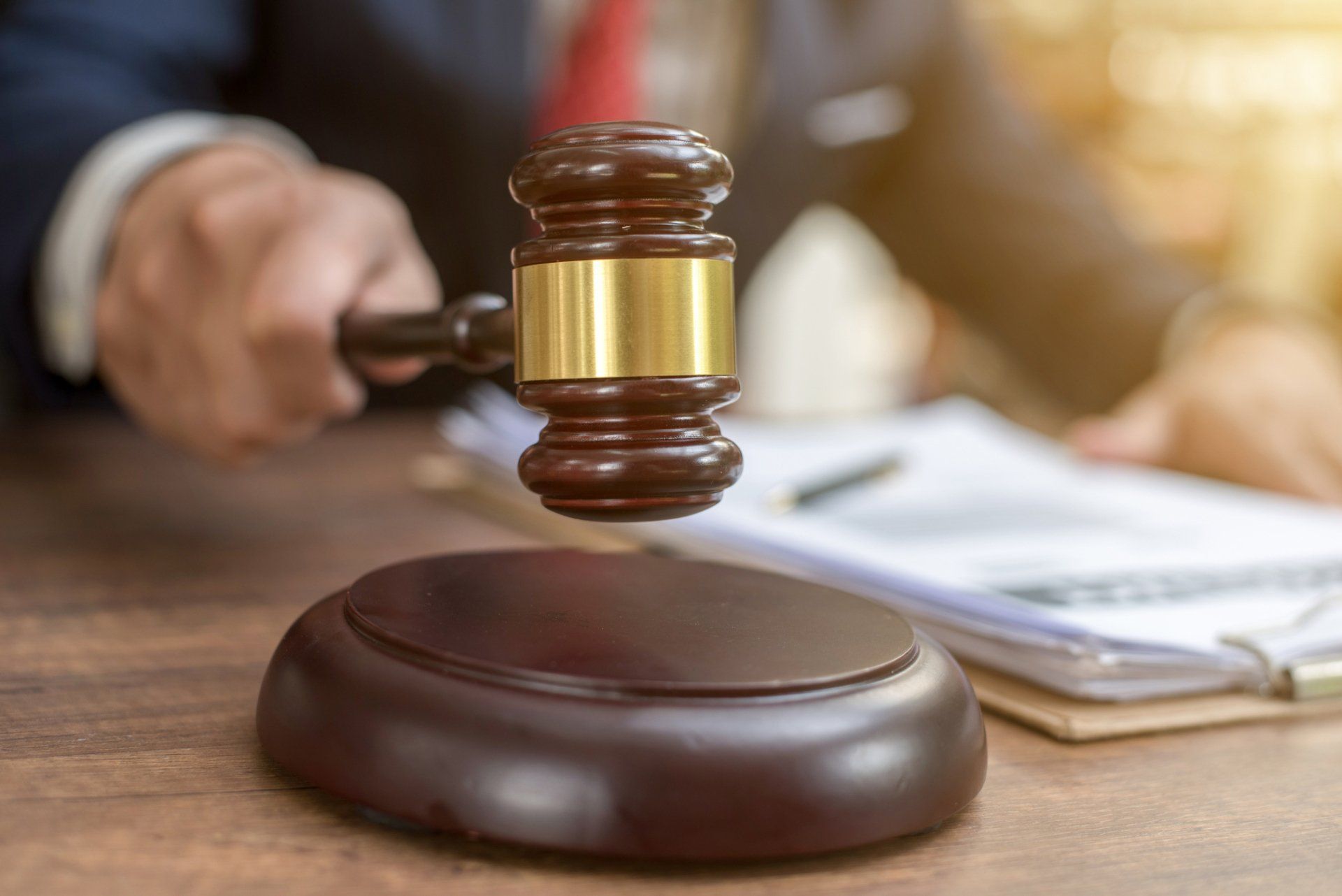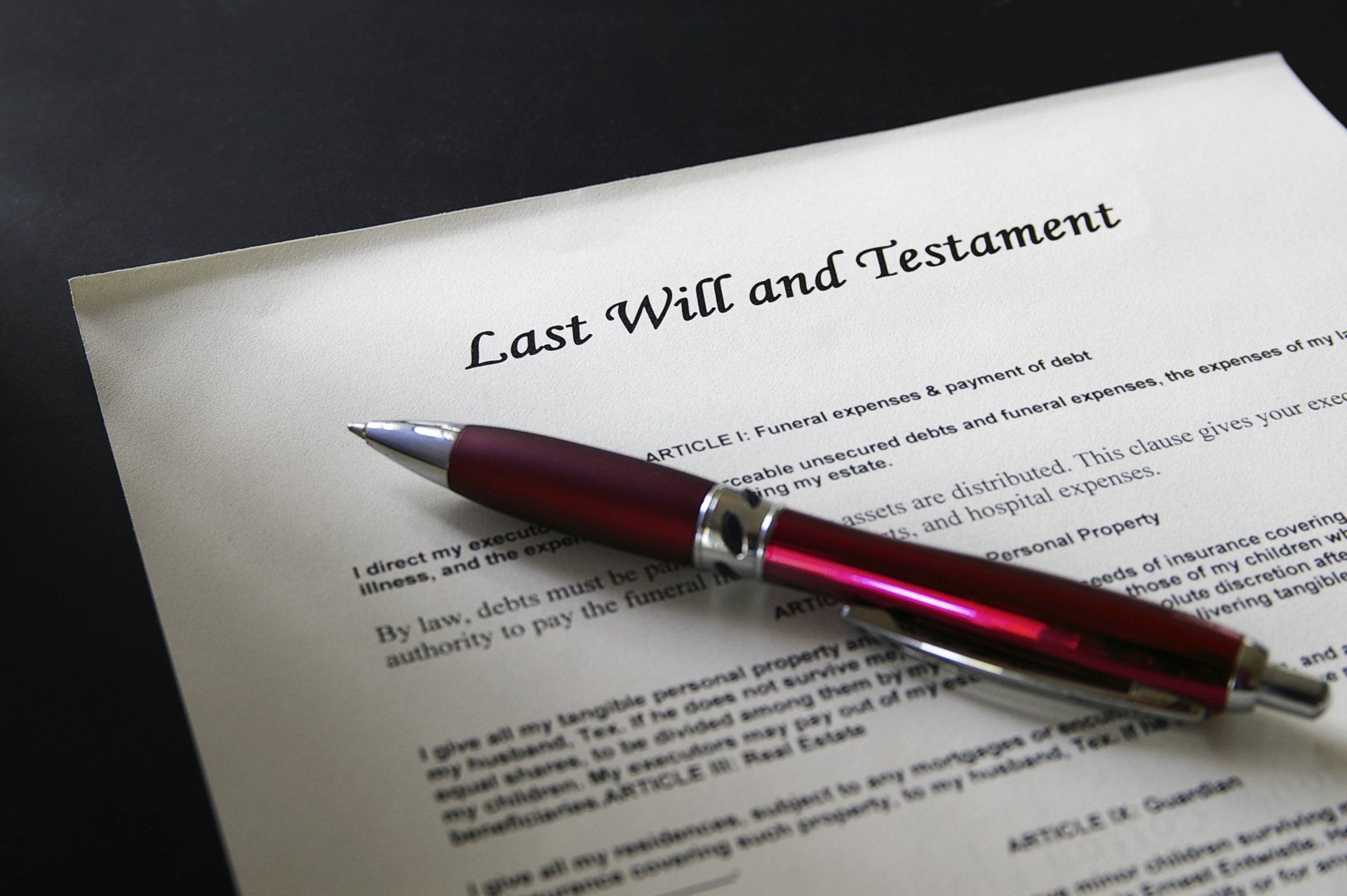ADDRESS: 3900 Newpark Mall Road 3rd Floor Newark, CA, 94560 | EMAIL: daniel@kisnerlaw.com
CALL US FOR A CONSULTATION
(510) 791-5790
Getting a Divorce? 3 Estate Planning Steps to Take Now

A pending divorce complicates many aspects of your life. And while most spouses focus on the most immediate of these challenges - such as how to best care for children or protect financial assets - some important adjustments might fall through the cracks.
One of these items that many people fail to properly prioritize when getting divorced is estate planning. Whether you had already done some estate and end-of-life planning or not, doing so now is vital.
Why? Generally, doing nothing about your estate plan now means the spouse you are divorcing may retain control over medical decisions in an emergency and would likely inherit some or all of your assets if you pass away.
What can you do now to protect yourself from unintentional outcomes if something happens to you before the divorce is final? Here are three steps to take.
1. Consult an Estate Planning Attorney
In addition to your divorce attorney, you need to retain an attorney who specializes in estate planning. During divorce proceedings, certain changes to your assets and financial holdings may not be allowed. This limitation is commonly known as asset restraining orders.
An asset restraining order means you can't make just any alteration you wish with regards to where you keep assets, who has access to them, or who they are left to - not until your divorce has been finalized. Work with your divorce attorney and estate planning professionals as a team to determine what moves you may make now and what you will need to do in the future.
2. Change End-of-Life Documents
While you are limited when it comes to financial changes, you do have the power to alter some key areas of your estate plan. First, do you wish to change who would have the ability to make medical or financial choices if you were incapacitated? If you don't wish it to be your spouse, complete a new Durable Power of Attorney for health care purposes as well as for financial decisions on your behalf.
Second, you should update your will or write a new one. In most situations where a person dies without a will or trust, the state (including California) use a set of rules to determine who gets what assets and in what order. Your spouse is usually foremost on that list. The best way to avoid this is to put a will in place that stipulates your intentions.
Even while an asset restraining order is in place, a will still helps you protect some of your assets from your spouse. For instance, a will allows you to designate who would get your half of community assets as well as who would receive assets not considered community property.
3. Start Your Post-Divorce Plans
Even though you can't make some changes to your estate plan right away, this is a good time to strategize. What will your assets look like after the divorce is final? Will you gain new property, such as half of a retirement account or the family home, that you will now need to oversee on your own? How do you want to divide assets once your spouse is no longer a factor? Do you want to use a trust to care for minor children? Think about the answers even if you can't act on them right now.
The benefit of pre-planning actions you can't finalize until after the divorce is that you will have already done the hard work while time was on your side. After the divorce, you can hit the ground running and make these changes quickly and smoothly.
At Kisner Law Firm, our estate planning professionals will help you navigate the tricky waters of estate planning during this challenging time. Call today to make an appointment.
PHONE: (510) 791-5790 | EMAIL: daniel@kisnerlaw.com
ADDRESS: 3900 Newpark Mall Road 3rd FloorNewark, CA, 94560
HOURS OF OPERATION:
- Mon - Fri
- -
- Sat - Sun
- Closed










